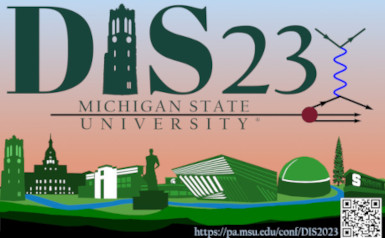Speaker
Description
The Tile Calorimeter (TileCal) is a sampling hadronic calorimeter covering the central region of the ATLAS experiment, with steel as absorber and plastic scintillators as active medium. The High-Luminosity phase of LHC, delivering five times the LHC nominal instantaneous luminosity, is expected to begin in 2029. TileCal will require new electronics to meet the requirements of a 1 MHz trigger, higher ambient radiation, and to ensure better performance under high pile-up conditions. Both the on- and off-detector TileCal electronics will be replaced during the shutdown of 2026-2028. PMT signals from every TileCal cell will be digitized and sent directly to the back-end electronics, where the signals are reconstructed, stored, and sent to the first level of trigger at a rate of 40 MHz. This will provide better precision of the calorimeter signals used by the trigger system and will allow the development of more complex trigger algorithms. The modular front-end electronics feature radiation-tolerant commercial off-the-shelf components and redundant design to minimise single points of failure. The timing, control and communication interface with the off-detector electronics is implemented with modern Field Programmable Gate Arrays (FPGAs) and high speed fibre optic links running up to 9.6 Gb/s. The TileCal upgrade program has included extensive R&D and test beam studies. A Demonstrator module with reverse compatibility with the existing system was inserted in ATLAS in August 2019 for testing in actual detector conditions. The ongoing developments for on- and off-detector systems, together with expected performance characteristics and results of test-beam campaigns with the electronics prototypes will be discussed.
| Submitted on behalf of a Collaboration? | Yes |
|---|
